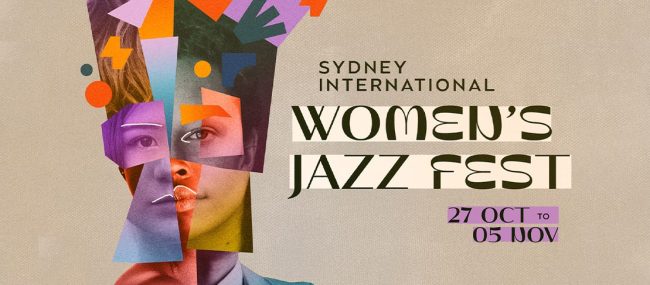toby creswell: revisited
Apple recently released the box set of George Harrison’s solo work on the label from Wonderwall though to Extra Texture. Great set beautifully packaged. Of course the masterpiece is All Things Must Pass.
All Things Must Pass
George Harrison
Apple
Producer George Harrison, Phil Spector
Released 27 November 1970
Highest Chart Position: #1 (USA, UK, Australia)
“Even before I started I knew I was gonna make a good album because I had so many songs and I had so much energy,” said George Harrison of his first solo album All Things Must Pass. “For me to do my own album after all that– it was joyous.”
All Things Must Pass is a curious record, swinging as it does between seeking to transcend ego and the material world on one hand and on the other dealing with being in the most famous quartet of all time. Harrison clearly learned much at the knee of Lennnon /McCartney and by the fag end of the Fab Four was probably the most accomplished writer. Inexplicably he remained consigned to his quota of one song per side. The Beatles passed on “Art of Dying”, “All Things Must Pass”, “What Is Life”, “Isn’t It A Pity” and “Let It Down” — all of which would have improved the Let It Be album. One other song, “Wah-Wah” was written to the other Beatles after Harrison, frustrated by the bickering, walked out of a Beatles session and almost the group. “Apple Scruffs” was inspired not by the Beatles but the devoted fans who lived out the front of the Apple offices in Saville Row.
In 1968 Harrison had struck up a friendship with Bob Dylan. In 1969 he and Eric Clapton had toured with Delaney and Bonnie and Friends. These new friendships formed the basis for All Things Must Pass. Dylan gave him “If Not For You” and they wrote “I’d Have You Anytime” together. The Delaney and Bonnie band – Eric Clapton, Dave Mason, Carl Radle, Jim Gordon, NJim Price, Bobby Keys and Bobby Whitlock — formed one studio band. For the other tracks Harrison mostly used Ringo Starr and Beatle insiders Billy Preston Klaus Voorman and brought in some newfound friends like Procul Harum’s Gary Wright. The result is a record that in paces simply bursts with excitement.
Harrison’s frustrations with the Beatles coincided with his spiritual quest that had begun some years before. Songs like “My Sweet Lord”, “Wah-Wah”, “What Is Life”, “All Things Must Pass”, “Awaiting on You All” and “Beware of Darkness” are all about searching for a higher power or, in the spirit of Oriental mysticism, of transcending ego.
The best-known song on the album is “My Sweet Lord” which was the first #1 for any solo Beatle. The song hitches both Christian and Hindu prayers to a massive rock gospel backing track that features a dozen of the best players extant and a choir. The double drums of Ringo Starr and Jim Gordon swing the backing behind the Edwin Hawkins Singers while Harrison’s brief but exquisite slide guide provides and unforgettable hook. An unfortunate resemblance to the Chiffons’ hit “He’s So Fine” prompted a distressing copyright court case that overshadowed the triumph of the song. Barely missing a beat, the album moved up a notch with “Wah-Wah” starting with Harrison’s Beatlesque riff (adapted from Eric Clapton) and the same double drums plus gospel choir and a guitar duet with Eric Clapton builds to a magnificent statement of defiance to the other mop tops. And indeed a challenge they never quite met. Phil Spector’s production here is mostly an encouragement to Harrison’s ambition.
“It was a really nice experience making that album,” Harrison recalled. “Having this whole thing with the Beatles had left me really paranoid. I remember having those people in the studio and thinking, ‘God, these songs are so fruity! I can’t think of which song to do.’ Slowly I realized, ‘We can do this one,’ and I’d play it to them and they’d say, ‘Wow, yeah! Great song!’ And I’d say, ‘Really? Do you really like it?’ I realized that it was okay…”
– from THE 100 BEST ALBUMS OF ALL TIME by Toby Creswell & Craig Matheson published by Hardie-Grant



